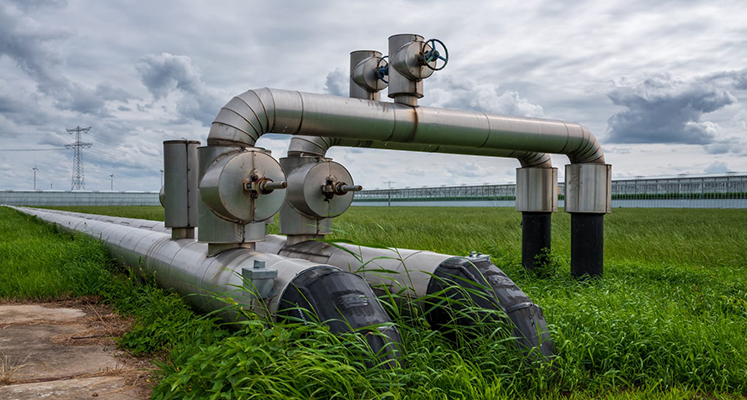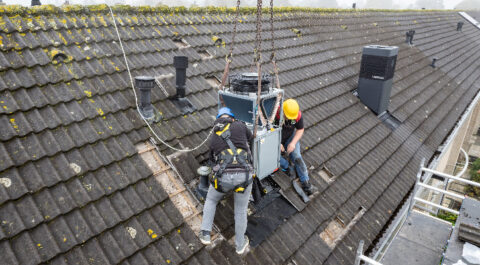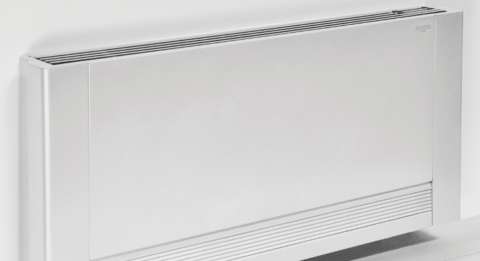The plan to decouple the energy price of the heat grid from the gas price is a good idea, according to Nancy Kabalt-Groot of Wind Power 5. "But an emergency bill like the one Minister Jetten (Climate and Energy) announced to reduce the price residents pay for heat through heat networks by tens, actually endangers the energy transition."
The news has long been dominated by heat grid projects not going ahead and even parties pulling out because of a lack of certainty about making heat grids profitable.
"The Emergency Act makes investing in heat networks even less attractive," Kabalt-De Groot argues. "While it is a good way to heat homes sustainably, without putting additional burden on the already congested power grid. Of course it is important that heat is an affordable alternative to gas. It is therefore unfortunate that because of the link to the gas price, and the delay in passing on last year's huge spike in the gas price, the heat price has now risen. A 1-for-1 comparison at this time therefore makes you more expensive with heat today. But on the other hand, when gas prices peaked, heat rates were already set. Residents had a much lower price in 2022."
Instead of a price reduction, the government can also opt for compensation through the price cap, believes Kabalt-De Groot. "Just like the gas customers who were compensated last year. That gives customers the same discount and energy companies investing in heat networks more security."
Heat networks, she says, are crucial to the energy transition. "It is therefore important to find a model in which tariffs are secured for residents, while at the same time it is attractive for companies to invest in the construction of heat networks."












